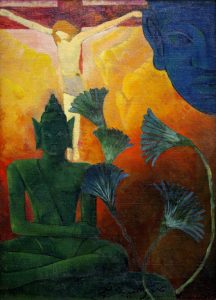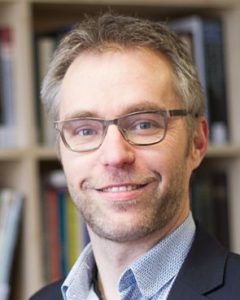Individualization of Religious Beliefs, Secularization and Religion-State Relations
 A growing trend of religious life in contemporary Western societies is the number of religiously unaffiliated people (also known as “nones”). Some of them believe in nothing, but many others shape religious beliefs with their own, individual understanding of God, the world, and their place in it. They may have specific convictions of what their religion requires or can believe in dogmas of different religions simultaneously, practice spiritual meditation, or sacralize cultural phenomena or ideological concepts.
A growing trend of religious life in contemporary Western societies is the number of religiously unaffiliated people (also known as “nones”). Some of them believe in nothing, but many others shape religious beliefs with their own, individual understanding of God, the world, and their place in it. They may have specific convictions of what their religion requires or can believe in dogmas of different religions simultaneously, practice spiritual meditation, or sacralize cultural phenomena or ideological concepts.
From a philosophical perspective, the individualization of religion challenges a wide-spread understanding of organized religion (where believers worship God in communion) as the main form of spiritual life. From a law and religion perspective, the questions are how the state should deal with such individualized religious beliefs. Should they be protected under the premises of religious freedom? How will individualization affect religion-state relations?


